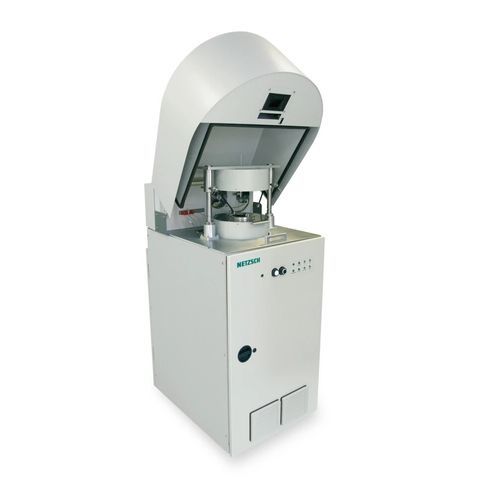The cost‐effective ARC® 244 is designed to safely measure the amount and rate of heat release associated with the processing or storage of chemicals within a container volume between 1 ml and 130 ml.
This is the calorimeter which uses the same design as the first ARC® system developed by DOW for those customers interested in keeping the same platform.
This information is vital in developing and evaluating processes to ensure safe operation and to prevent thermal runaway which can have devastating effects.
The Accelerating Rate Calorimeter 244 (ARC® 244) technology is integral to designing inherently safer batteries as well as measuring energetic materials used in such products as explosives, propellants, and air bags.
Tube heater reduces heat losses due to reflux
Windows 10™ operating system standard
Smaller footprint
Lift mechanism for calorimeter top
Experimental wizards for easy test set-up
Power Compensation Module (optional)
Increased safety and interlock features
Method
The Accelerating Rate Calorimeter 244 (ARC® 244) simultaneously measures temperature and pressure. The sealed pressure system also allows the user to evaluate the effect of different gas atmospheres on the thermal stability of the system.
The Accelerating Rate Calorimeter 244 (ARC® 244) simultaneously measures temperature and pressure. The sealed pressure system also allows the user to evaluate the effect of different gas atmospheres on the thermal stability of the system.
Gaseous reaction products may be analyzed at the end of an experiment to help identify and understand the reaction mechanisms involved.
A single experiment provides data for use in the following:
Thermal Hazard Evaluation





